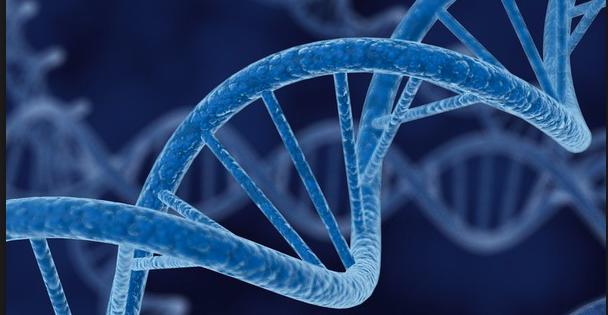Myths about the criteria for assessing penis size-Life health
Recently, on a number of domestic and foreign electronic newspapers, there was information “Vietnamese men have the shortest penis in the world”. This is a small, non-representative study. According to doctors, the heart of the problem is that the size of the penis does not determine the effectiveness in ‘sex’ and in reproduction…
According to MSc. BS. Le Quang Duong, Director of the Center for Sustainable Health Development – VietHealth, until now, scientific researchers have tried to answer the question many people around the world want to have clear information about: Average size. What is the average size of the penis, but there have not been any large studies for accuracy.
BS. Le Quang Duong added that penis size is largely determined by genetic makeup, but there are other influences as well. Hormones, lifestyle, and other environmental factors can also affect penis size.
Some studies have also shown that there may be differences in penis size based on ethnicity. However, the difference was found to be not large among the different ethnic groups.
1. What type of gene affects penis size?

Penis size depends on a combination of genes.
Penis size depends on a combination of genes, namely sex chromosomes, received from parents. Sex chromosomes determine a person’s biological sex, and secondary sexual characteristics emerge during puberty, such as facial hair in males and rounder hips in females.
Males have one X and one Y chromosome, while females have two X chromosomes. The Y chromosome is inherited from the father and contains the “male-defining” gene, the SRY gene. The SRY gene leads to the formation of testes and the male external and internal sex organs in the embryo.
However, while the presence of a Y chromosome leads to the development of the penis, it does not necessarily determine the characteristics of the penis, such as its length and girth, or its circumference. This may be more dependent on the X chromosome, which comes only from the mother and contains about 900 genes compared to the estimated 90 genes of the Y chromosome.
This influence from the X chromosome would then explain why the size of the penis between brothers and sisters in the family is different, as each brother can be different in the type of X chromosome they receive. obtained from their mother even if they have the same father.
Individual genes (not genes from parents) can also affect penis size. Gene mutations can also contribute to the length and shape of the penis.
2. Other influencing factors
Several other factors can affect penis size, including hormones, nutrition, and exposure to toxins in utero.
Hormones, like testosterone, especially during puberty, affect the growth of the penis and its eventual length in adulthood. Low testosterone is associated with smaller penis size, as well as decreased sex drive and erectile dysfunction.
Testosterone can be increased naturally with diet and exercise. Nutrition, especially in utero and during the early years of life, can affect both hormones and overall development. Malnutrition can also lead to a smaller penis size.
3. Some myths about penis size
There are several myths surrounding penis size, including:
Bigger Feet, Bigger Penis: There is no correlation between a man’s shoe size and his penis size. Other body parts or characteristics provide no clue as to how big or small a man’s penis is. This includes hands, facial and body hair…
Masturbation: Masturbation does not inhibit or promote penis growth. Masturbation frequency doesn’t matter.
Sexual Satisfaction and Desire: Research has shown that penis size is not a factor for either partner, nor does it necessarily make you want more or less.
However, the most pervasive and damaging “myth” has to be the way a man’s masculinity is judged and the size of his penis. In fact, having a larger penis does not mean someone is more manly, just as a smaller penis does not make someone less manly.
4. The law of average penis length
The average length of a flaccid penis without an erection is about 8.8cm.
The average length of a flaccid penis without an erection is about 8.8cm. When erect, the average length measured from the base of the penis to the tip is about 12.9cm. Even so, most men really overestimate average penis length. This overestimation can lead to feelings of inadequacy, insecurity, and anxiety. Research has shown that 45% of men feel insecure about the size of their penis or wish it was longer.
If the size of the penis worries men, understand that longer length or larger girth is not necessarily better or more masculine. Identifying distorted, unhelpful views of penis size can help men overcome these beliefs.
5. When is the penis size too small?
In 1996, experts in penis size conducted a study that resulted in a set of guidelines for when a person might need surgery to enlarge the penis. The study measured the penis size of 80 men before and after drug-induced erections. The researchers concluded that the average penis size was 8.8 cm when flaccid and 12.9 cm when erect.
Research also shows that a person’s erect penis size does not correlate with their flaccid penis size. In other words, a penis can be of different length when flaccid but the same length when erect. They also found no link between age and penis size.
Men should pay attention and focus on penis health instead of worrying about penis size. Few women are curious about the size of their partner, but they care about the uplifting emotions, the happiness that their other half brings.
at Blogtuan.info – Source: 24h.com.vn – Read the original article here





